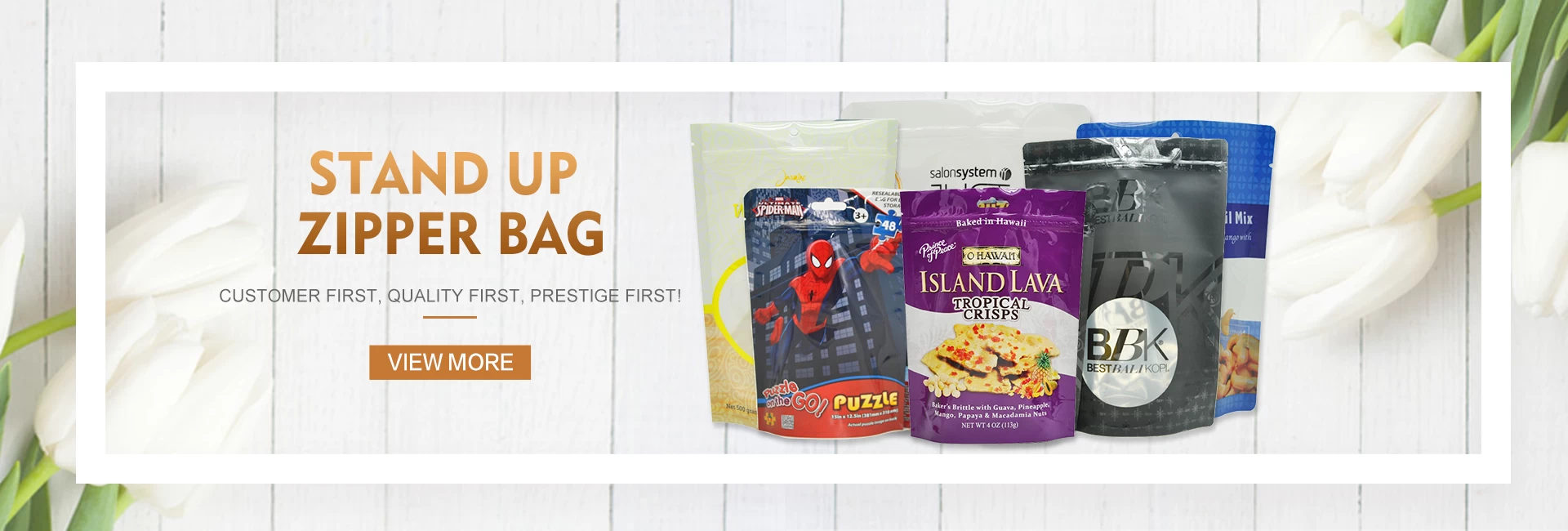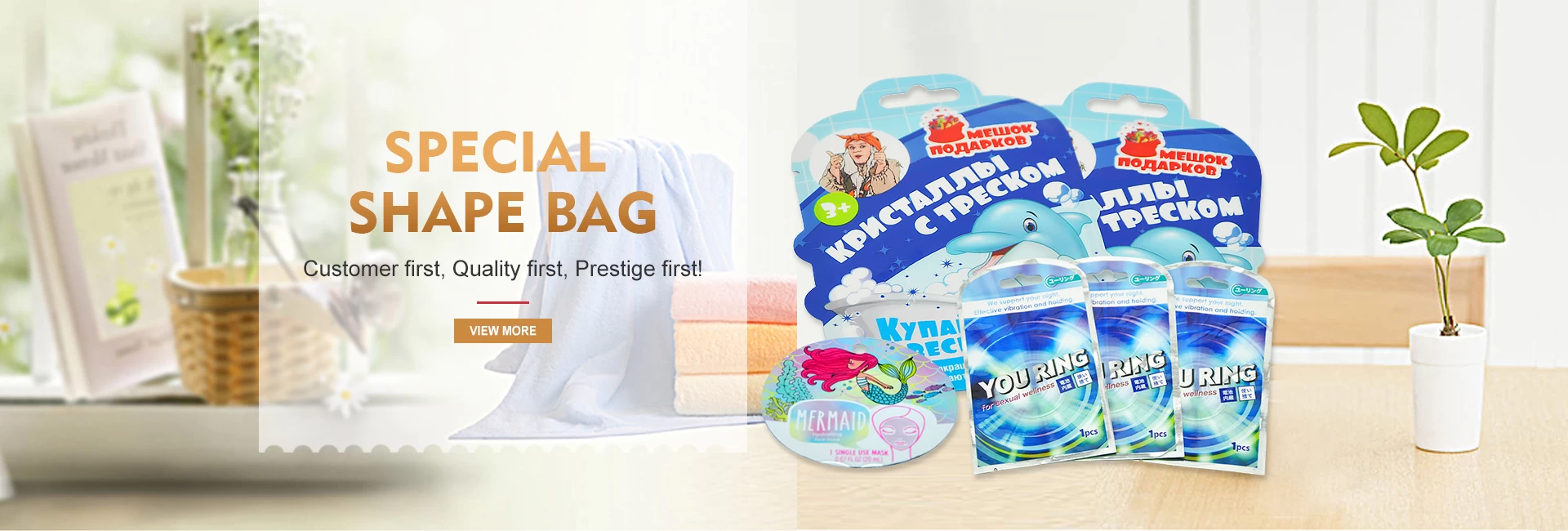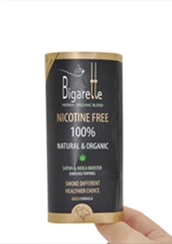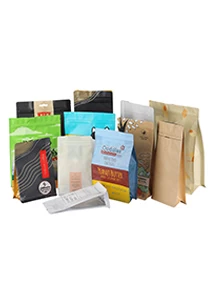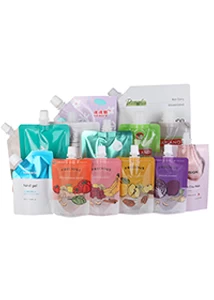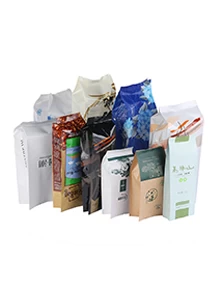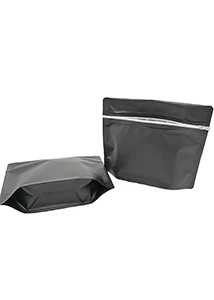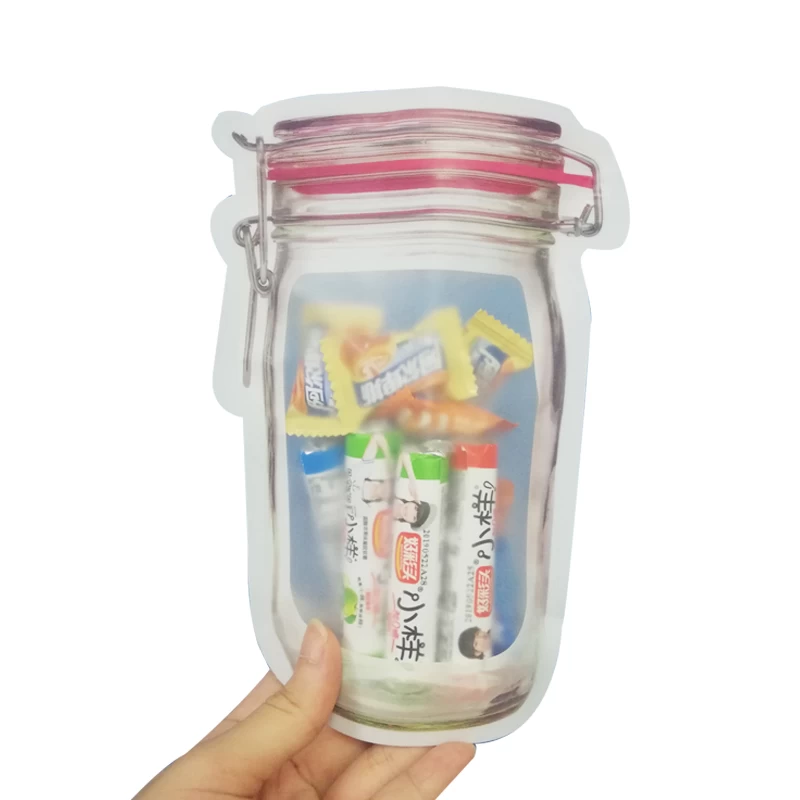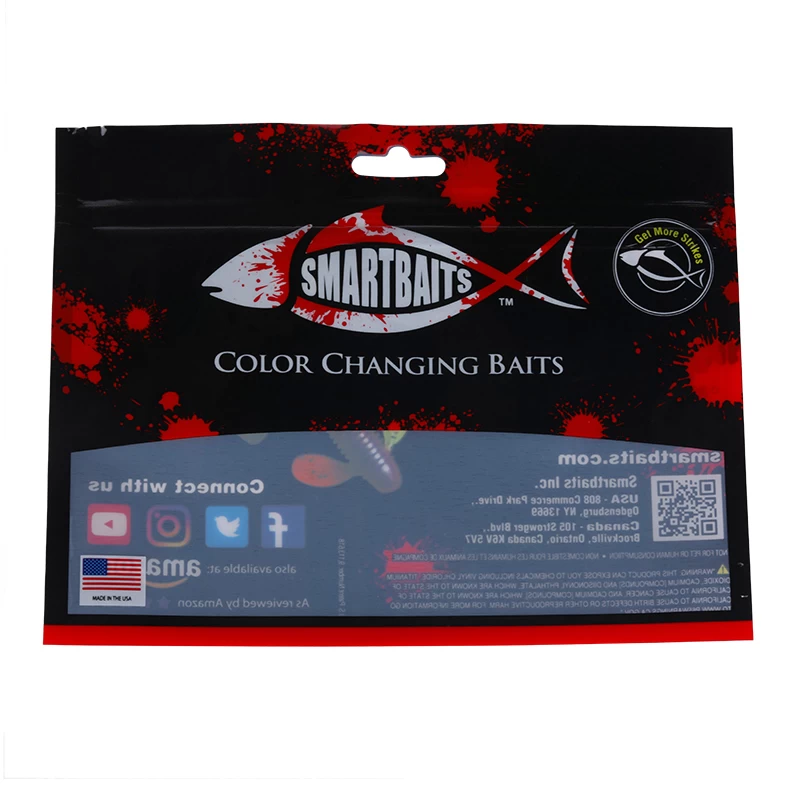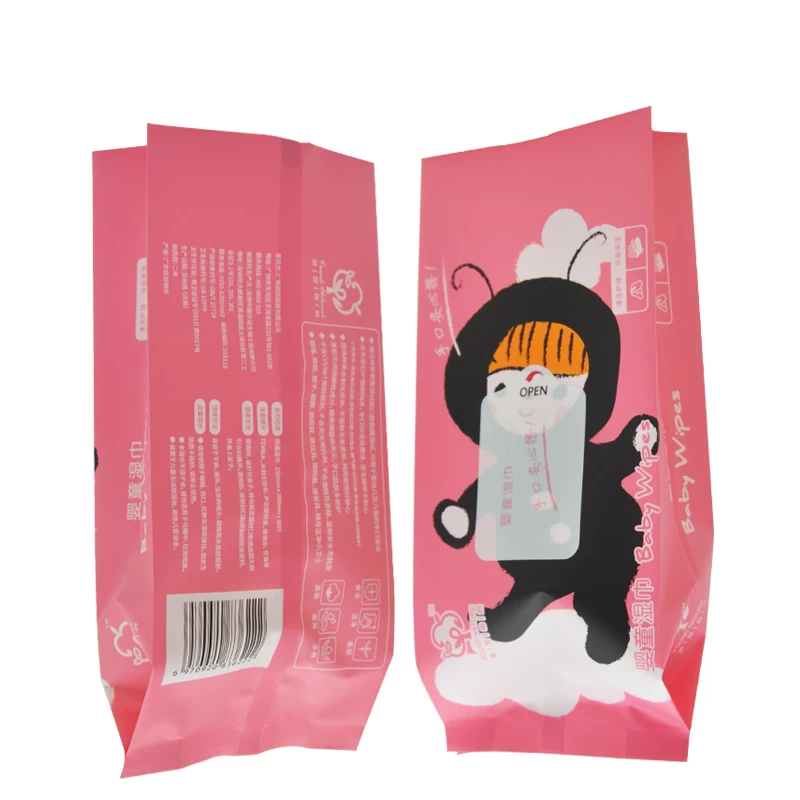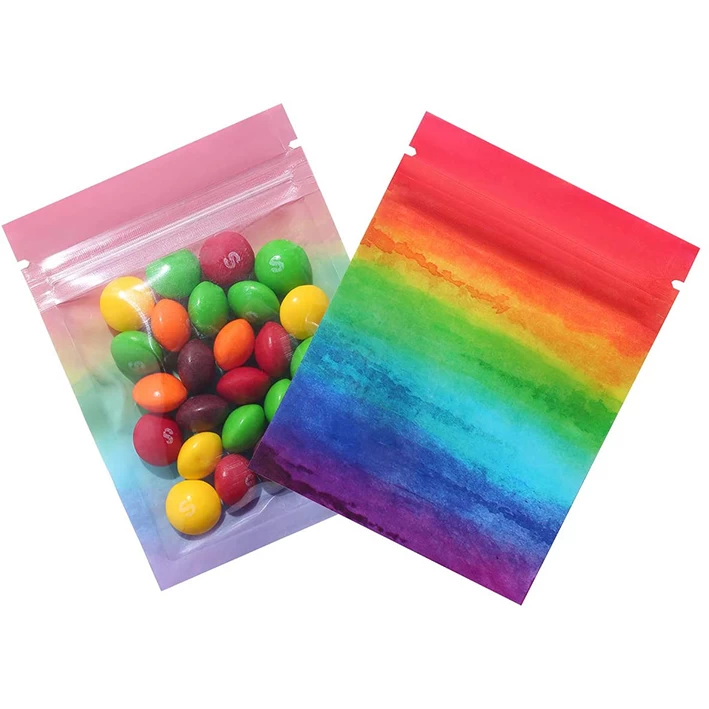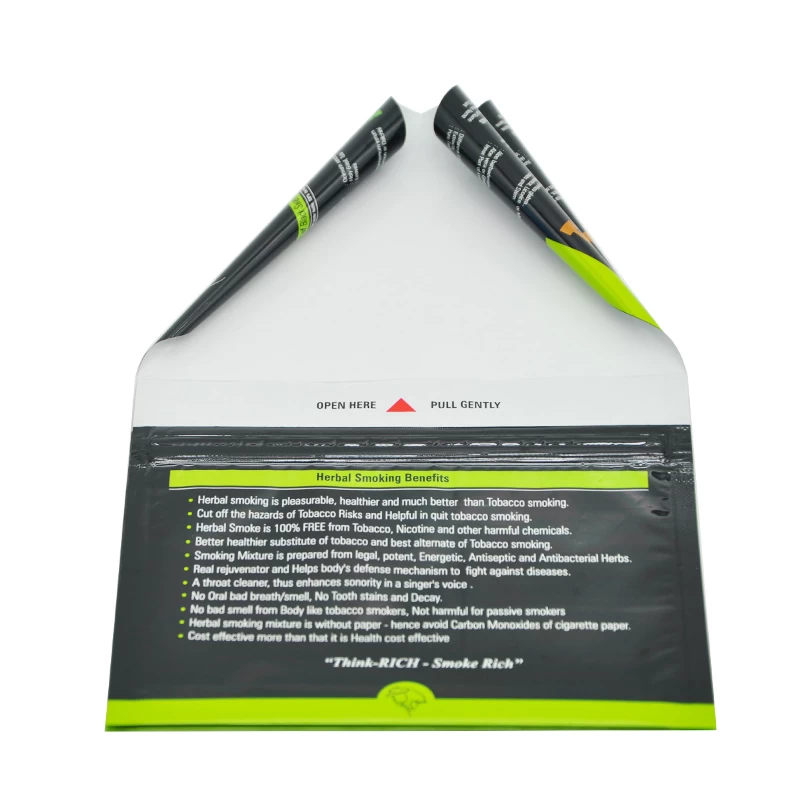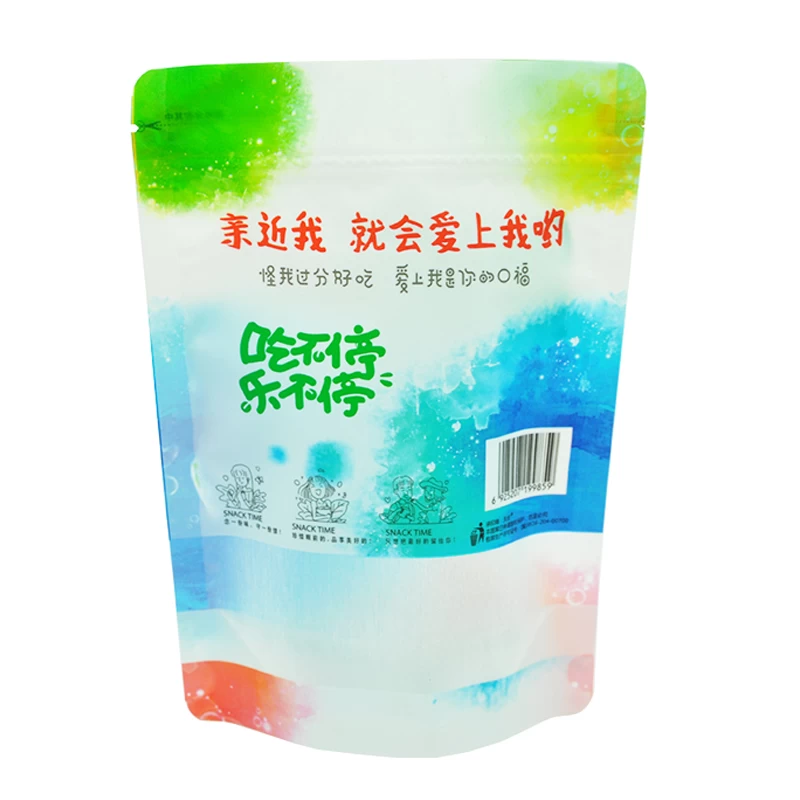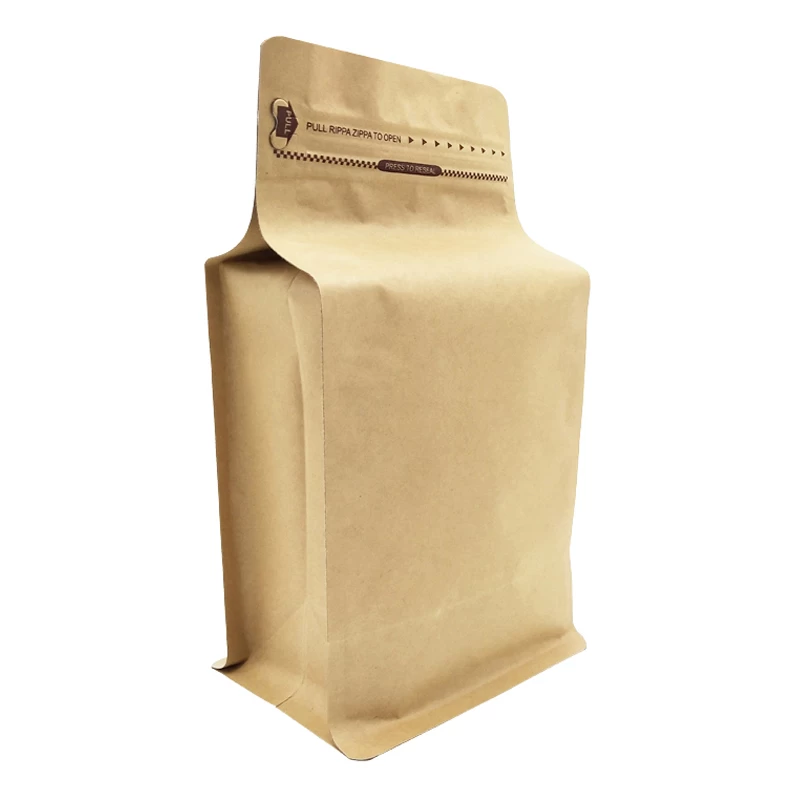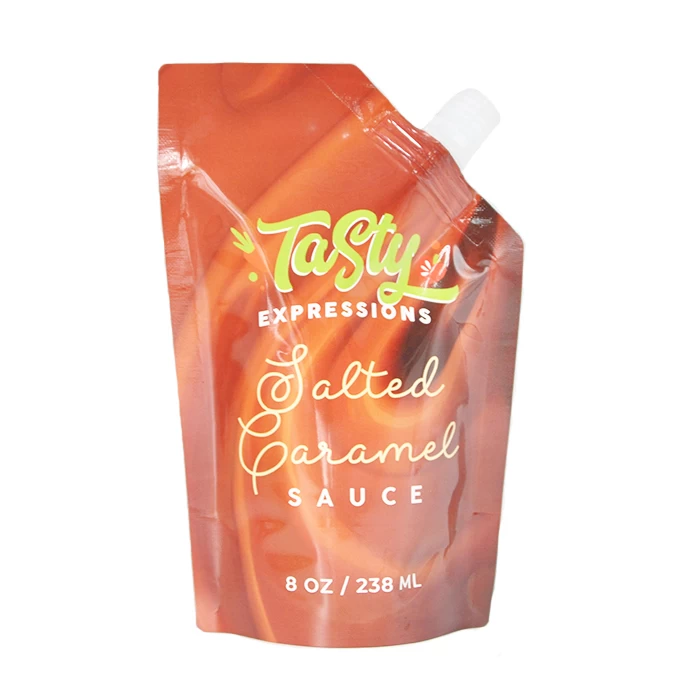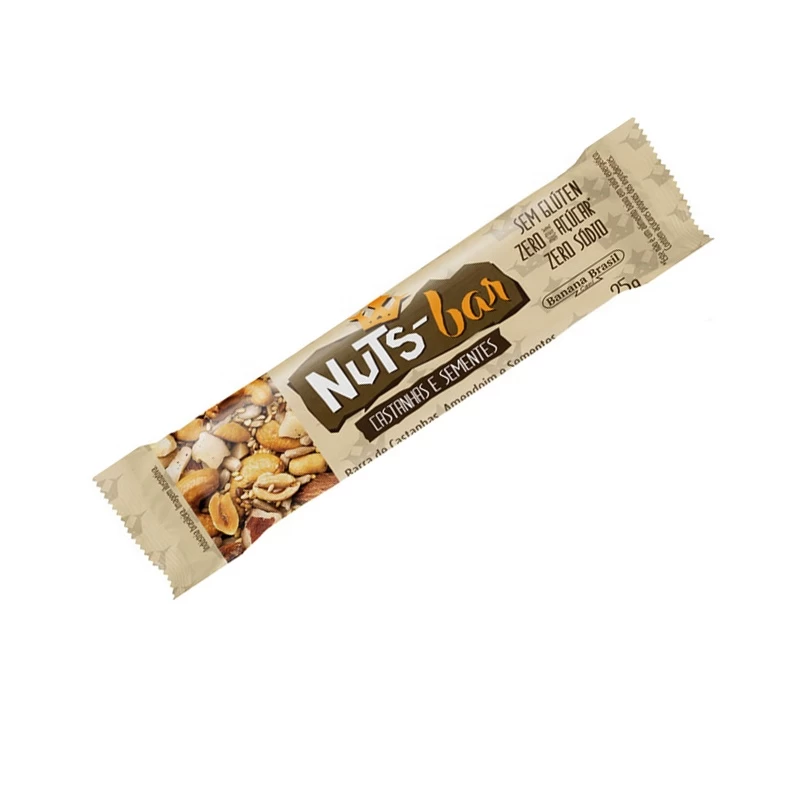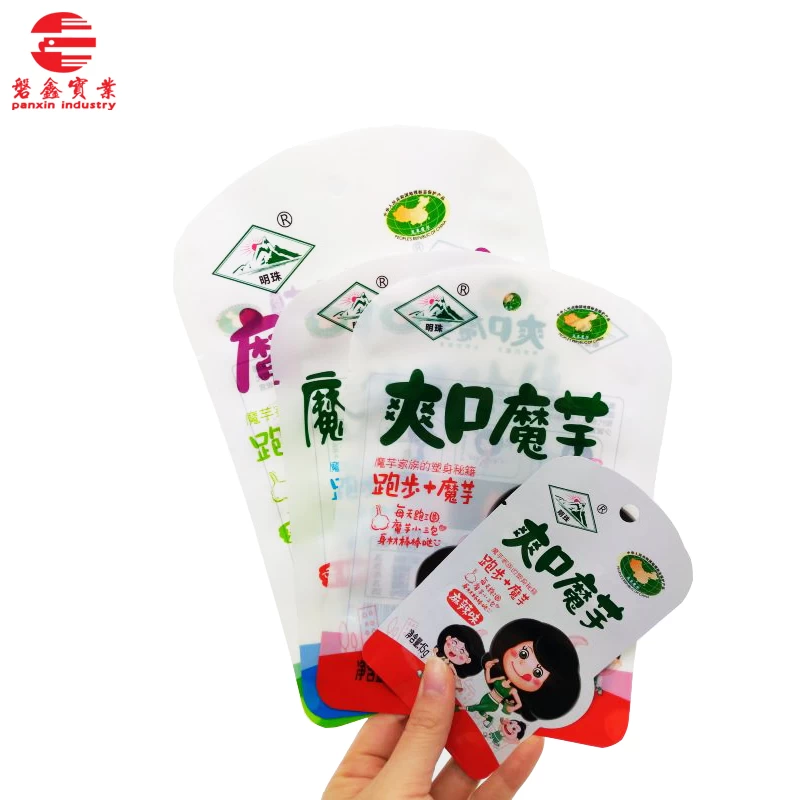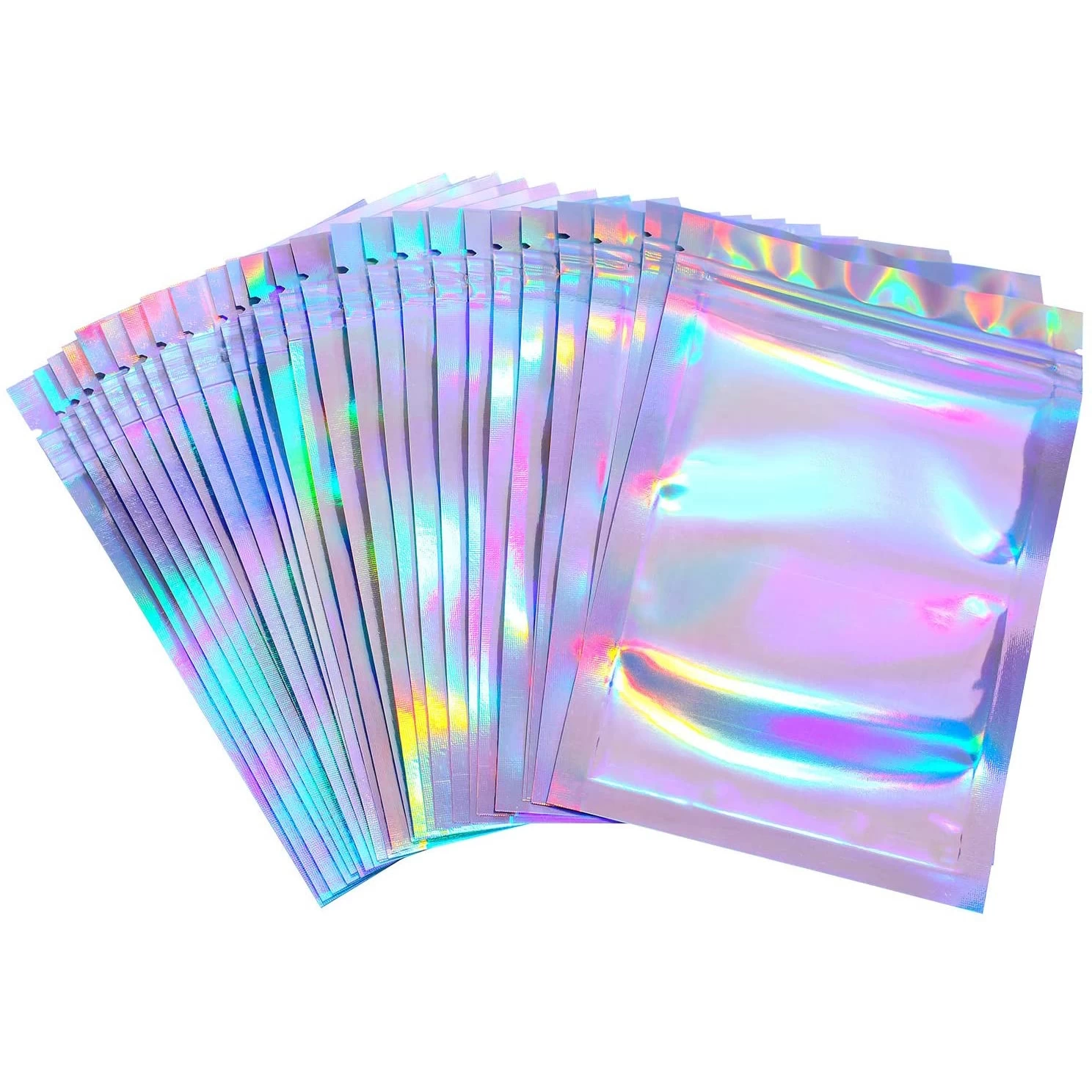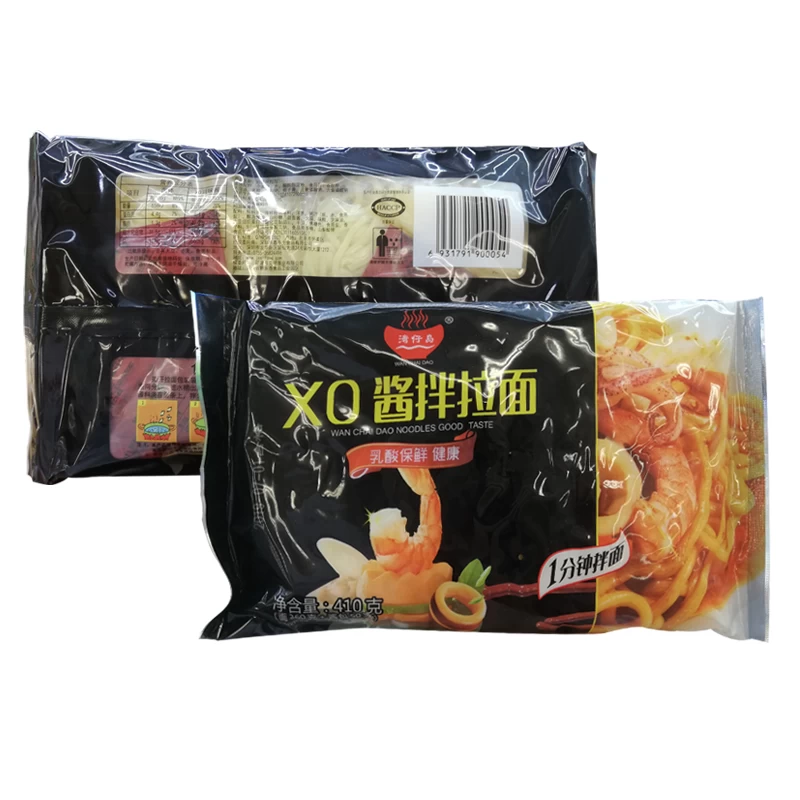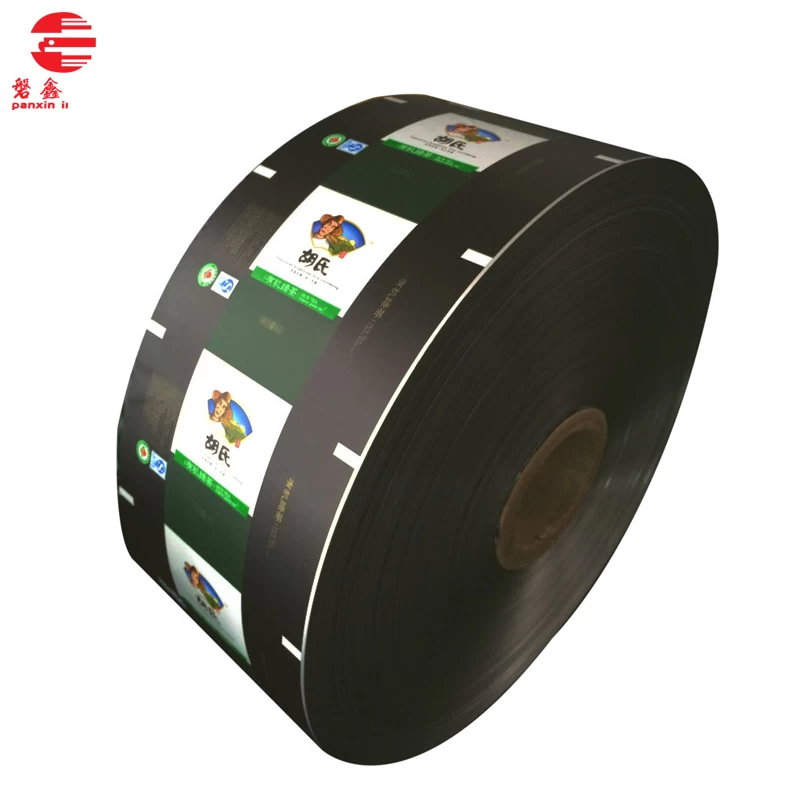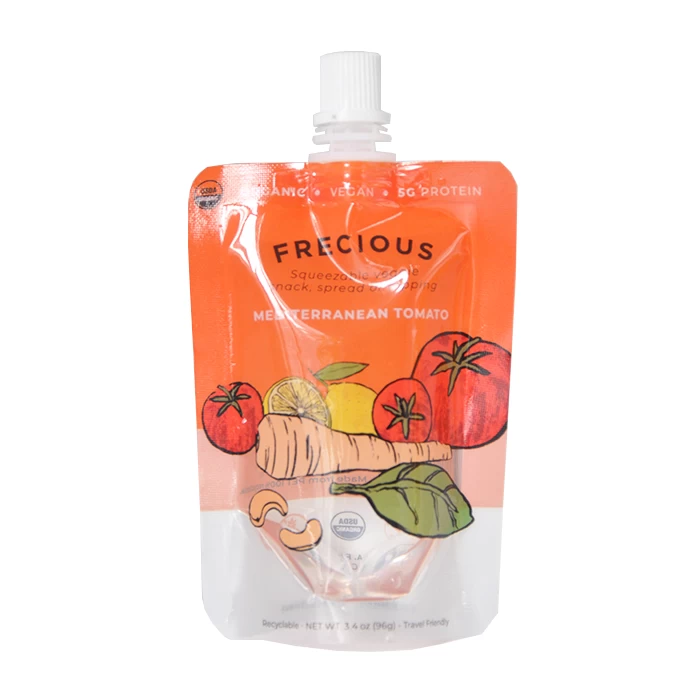High Quality Pure Easy To Tear Off Mouth Heat Sealed Aluminum Plastic Bag
To cull the growing number of bags, municipalit,es in New Jersey are starting to get involved in recycling and repurposing efforts. Some as of this year are allowing residents to drop bags off at their recycling centers or public works depots. Other local government agencies are hosting collection drives, which can be funded through Clean Communities grants.
The reusable bag donation project led by the state councils has been partnering with ACME supermarkets, where store receipts feature a QR code connected to the online hub. Gemenden said more stores should soon join the effort to help redistribute bags rather than allow them to end up in the waste stream.
"We don't want to recycle these bags, we want to reuse them," she said.
The need is there. Most respondents in the summer poll said they accumulated at least 10 reusable shopping bags in the previous year. Roughly one in six New Jerseyans polled said they had more than 50.
Most of the respondents, about 62%, said they keep the bags. About 20% recycle bags. Roughly 7% have thrown at least some away. However, the higher the number of bags in a stockpile, the more likely it is that some end up in the trash. About 35% of respondents who amassed more than 25 bags said they recycled some, while 15% said they had thrown one or more away.
You might want to wash your hands after holding your reusable bag — because it could be covered in fecal bacteria. Quest Diagnostics in Albuquerque swabbed reusable bags and discovered enteric bacteria (which is often found in human feces) on most of them.
A decade-old study from scientists at the University of Arizona and Loma Linda University found only 3% of shoppers with multi-use bags said they regularly washed them. The same study found bacteria in 99% of bags tested; 50% carried coliform bacteria while 8% carried E. coli, an indicator of fecal contamination.


